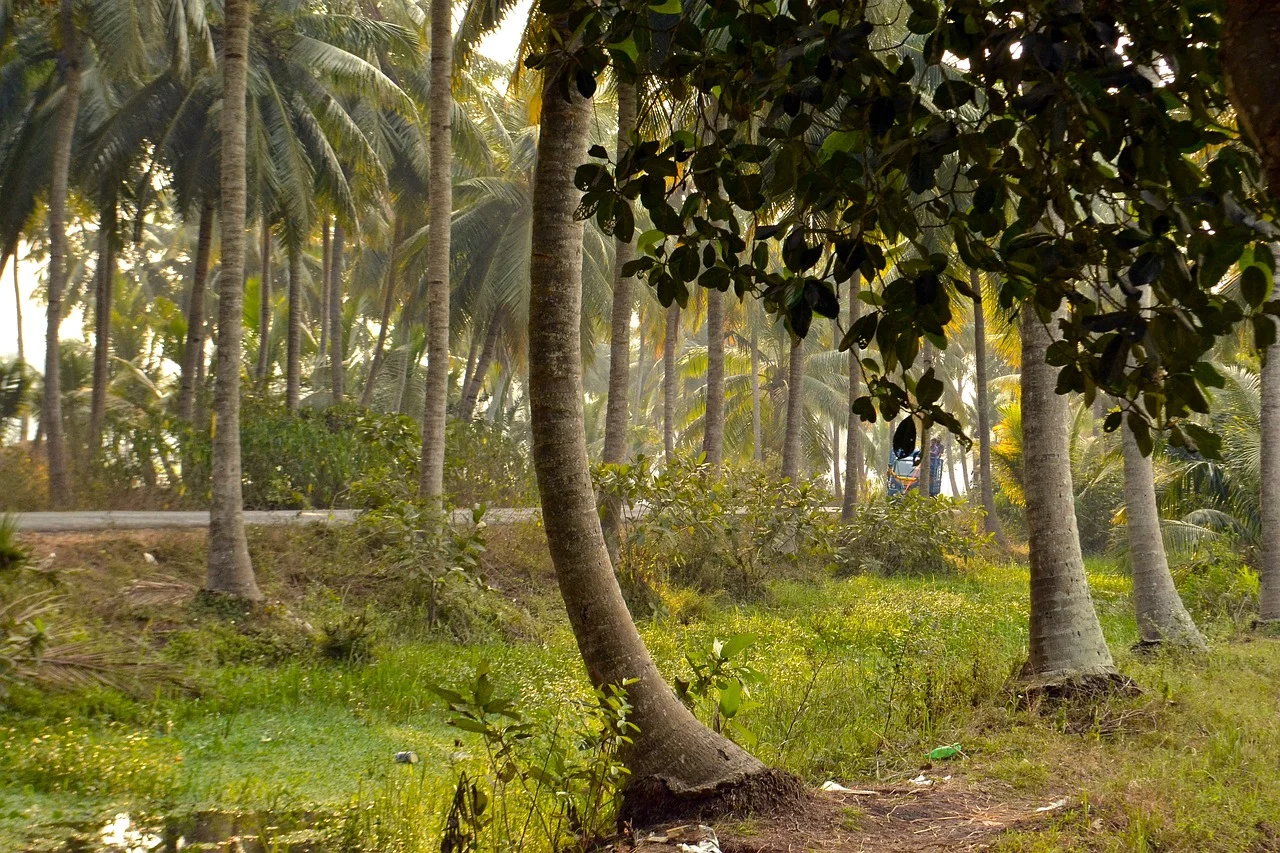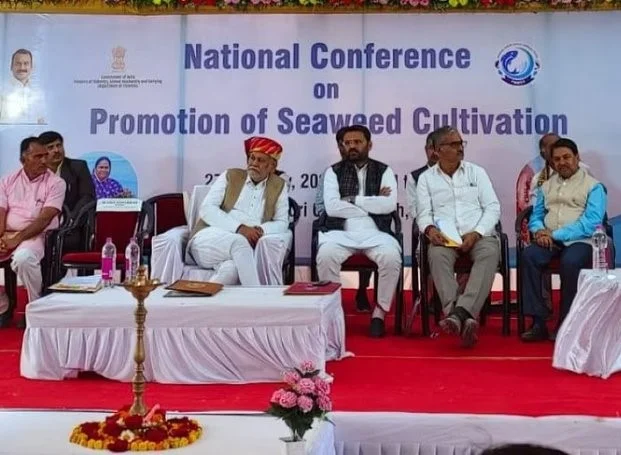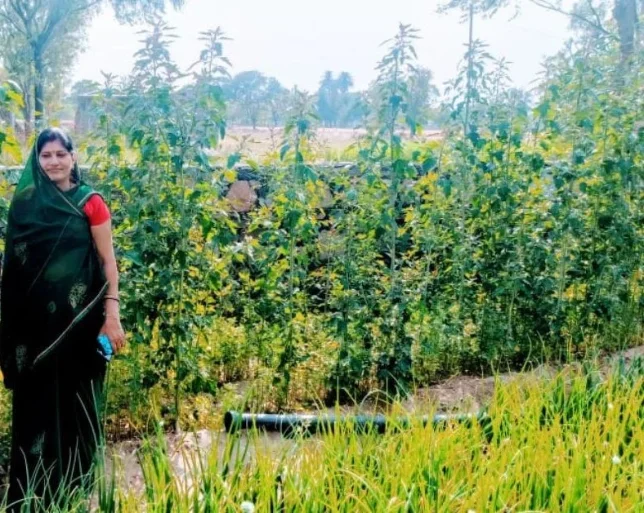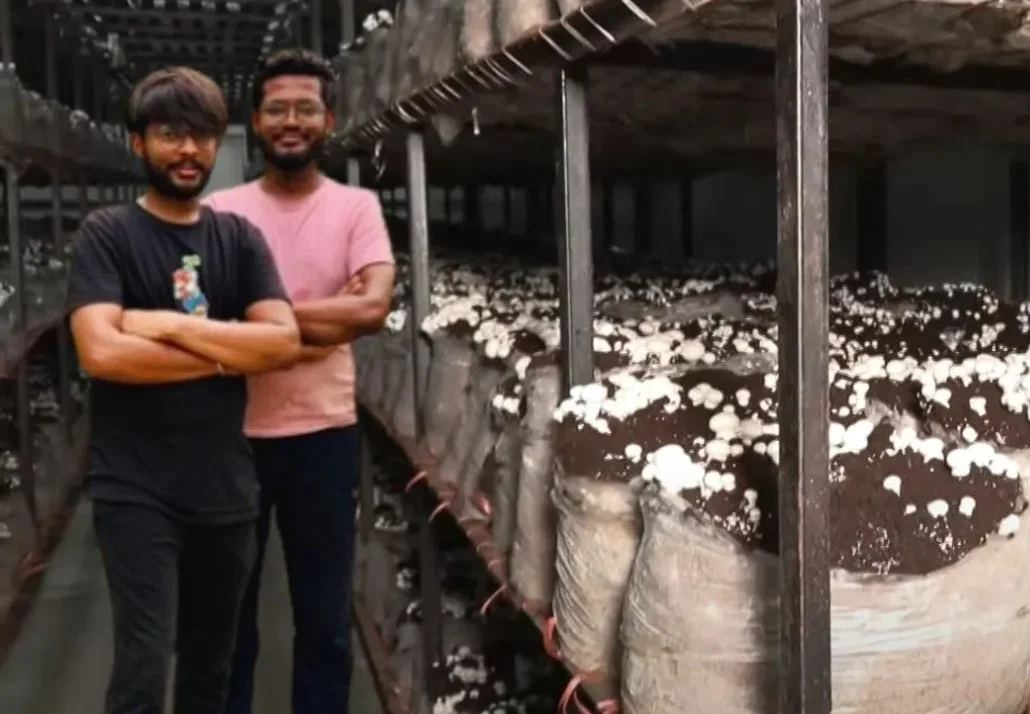Shankarlal Damor, a farmer hailing from Bamanpada village, used to operate a rickshaw in Banswara, a district in Rajasthan, while leasing a 5-bigha plot of land five years ago. Presently, he takes pride in his role as a successful cultivator, generating an annual income of approximately Rs 1.5 lakh through the diverse cultivation of wheat, rice, moong, and seasonal vegetables, employing organic farming practices.
Shankarlal’s older son previously worked as an agricultural laborer in Gujarat. During his time there, he gained insight into the fact that even modest plots of land can yield fruitful results. Motivated by this realization, in 2020, he returned to his village and re-entered the field of farming.
Shankarlal connected with Vaagdhara, a voluntary organization in the region, and received technical guidance on seeds. He also became part of an agricultural welfare scheme to gain knowledge and financial assistance. The conventional farming methods, involving high input costs and the use of high-yielding seeds, fertilizers, and pesticides, didn’t yield significant profits.
Also Read: Global Recognition for Guntur Farmer’s Natural Farming Methods
Realizing this, Shankarlal conveyed to his son that sticking to traditional cultivation practices would only lead to perpetual debt. He emphasized the need for a change, encouraging the adoption of natural farming methods suggested by Vaagdhara workers.
Leveraging Shankarlal’s past experience in natural farming, they embarked on a journey by planting trees such as guava, mango, banana, and sugarcane in and around their farmland. Vaagdhara experts, recognizing Shankarlal and fellow farmers like him, organized sessions to enhance their skills in preparing bio-fertilizers like Jeevamrut and Bijamrut. In addition to training in vermicomposting, Shankarlal was equipped with a Vermi bed.
The family’s diligent efforts led to a significant demand for their produce, with people coming directly to buy from their field before it even reaches the local market. According to Shankarlal, their expenses have notably decreased due to reduced use of fertilizers and pesticides. They achieve an annual production of 25 quintals of organic wheat, 10 quintals of paddy, and over 20 quintals of vegetables and fruits like brinjal, guava, and tomatoes.
Shankarlal aspires to spread awareness about natural farming, aiming to educate more individuals and inspire them to embrace this approach. Additionally, he dreams of encouraging people to contribute to the environment by planting more trees.
Also Read: Farmer makes Rs 15 Lakh a year from multilayer farming on 2.5 acre farm
It’s crucial to encourage small and marginal farmers to adopt natural farming methods. This serves as a protective measure against natural disasters and pest attacks while ensuring a steady and sustainable income from agriculture. The organic fertilizers and pesticides available in the market can be quite costly. To address this, there is a call for local production at the village level, facilitated by farmers’ collectives or women’s groups. These groups, traditionally involved in seed protection, germination, and organic manure preparation, can play a vital role in mass production.
Local village councils, known as Gram panchayats, should take on a supportive role by offering public spaces for activities related to organic farming. Additionally, they can provide incentives to families interested in transitioning to organic farming methods. Creating strong connections to the market is essential to sell organic produce at better prices, recognizing and appreciating the hard work put in by the farmers.









